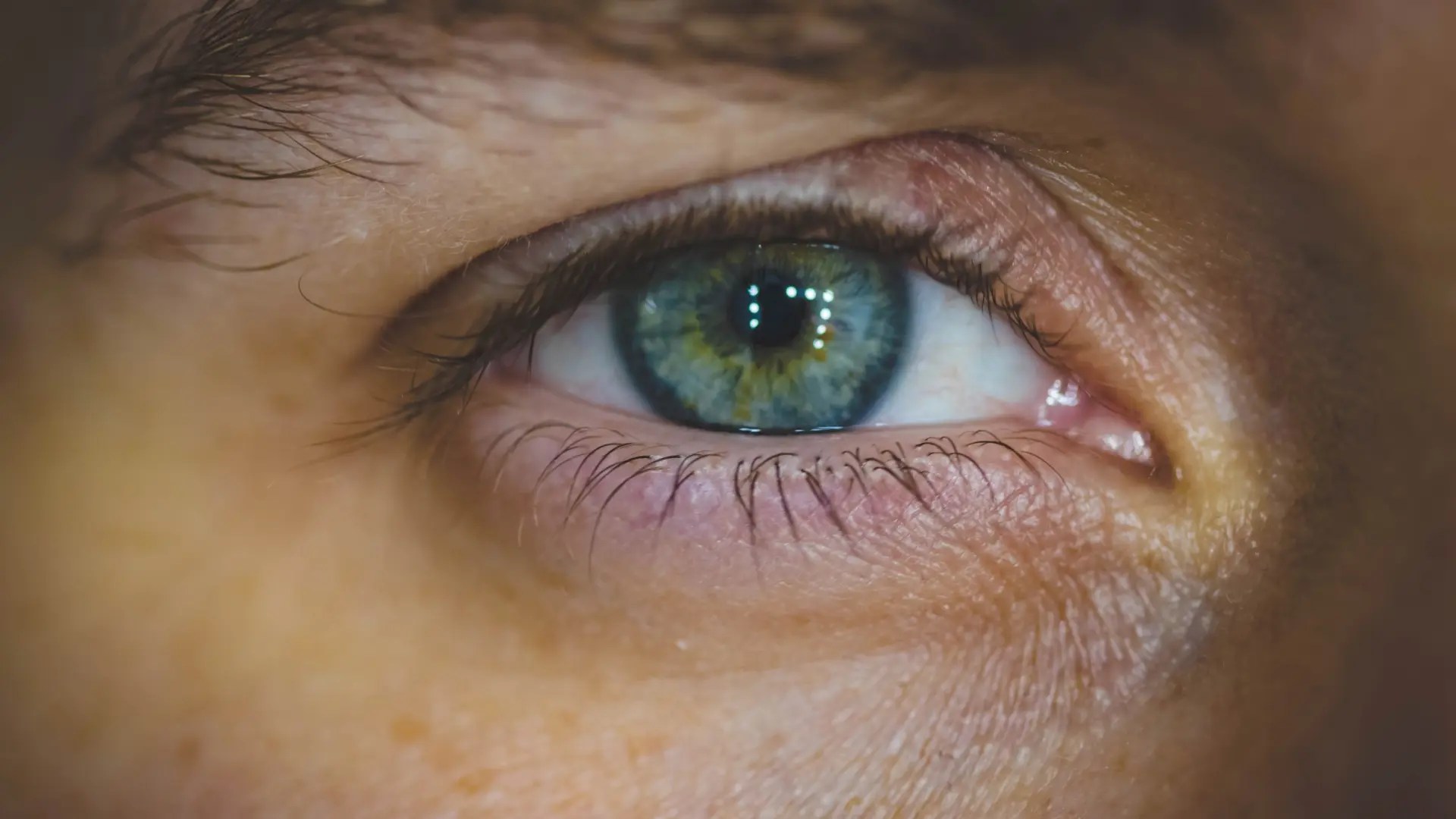Have you ever found yourself lost in someone else's gaze, feeling an intense connection that seems to transcend words? Locking eyes with another person can evoke a myriad of emotions and interpretations, leaving many to wonder: does locking eyes mean anything? This simple act can be a powerful form of communication, often expressing feelings that words cannot. Whether it's a fleeting glance across the room or a prolonged stare during an intimate moment, eye contact plays a crucial role in our interactions.
In a world where body language speaks volumes, eye contact can serve as one of the most potent signals we send. It can convey attraction, interest, or even hostility, depending on the context and the relationship between the individuals involved. Understanding the nuances of locking eyes can help us navigate social situations more effectively, while also allowing us to decipher the intentions of others. So, what does it truly mean when our eyes meet, and is there a deeper significance behind this often-overlooked gesture?
As we delve into the complexities of eye contact, we will explore various aspects of this phenomenon, including cultural differences, psychological implications, and the role of eye contact in romantic relationships. By the end of this exploration, you will have a clearer understanding of whether locking eyes indeed means anything significant, or if it’s merely a momentary coincidence.
What Is the Science Behind Locking Eyes?
To understand the significance of locking eyes, we must first consider the science behind it. Eye contact is a powerful non-verbal cue that can influence our perceptions and interactions. Research suggests that maintaining eye contact can enhance feelings of trust and connection between individuals.
How Do Different Cultures Perceive Eye Contact?
Cultural norms play a significant role in how eye contact is interpreted. In some cultures, prolonged eye contact is seen as a sign of confidence and sincerity, while in others, it may be perceived as aggressive or disrespectful. Here are a few examples of cultural differences in eye contact:
- Western Cultures: Generally, sustained eye contact is viewed positively and is associated with honesty and engagement.
- Asian Cultures: In many Asian cultures, avoiding eye contact is a sign of respect, particularly towards authority figures.
- Middle Eastern Cultures: Eye contact can be seen as flirtatious or intimate, especially in social situations.
Does Locking Eyes Mean Attraction?
One of the most common interpretations of locking eyes is attraction. When two people share a moment of intense eye contact, it can signal romantic interest or desire. Studies have shown that prolonged eye contact can increase feelings of intimacy and even lead to physical attraction between individuals.
What Are the Psychological Implications of Locking Eyes?
Locking eyes can also have psychological implications. For instance, it can trigger the release of oxytocin, often referred to as the "love hormone." This hormone plays a vital role in bonding and can create a sense of closeness between two people. Additionally, eye contact can evoke empathy and understanding, making it a crucial component in effective communication.
How Does Locking Eyes Impact Relationships?
In romantic relationships, eye contact can enhance emotional connection and intimacy. Couples who engage in meaningful eye contact often report feeling more connected and understood. Conversely, a lack of eye contact can create a sense of distance or disengagement, potentially leading to misunderstandings or conflicts.
Does Locking Eyes Mean Anything in Different Contexts?
The context in which eye contact occurs can significantly influence its meaning. For example, locking eyes in a crowded bar may indicate attraction, while doing so in a professional setting might signify respect or agreement. Here are a few contexts to consider:
- Social Settings: In social situations, eye contact can signal openness and friendliness.
- Professional Environments: In the workplace, maintaining eye contact can demonstrate confidence and authority.
- Romantic Encounters: In romantic contexts, eye contact can create a sense of intimacy and connection.
Can Locking Eyes Convey Negative Emotions?
While locking eyes can often symbolize positive emotions, it can also convey negative feelings. For instance, a prolonged glare can be perceived as hostile or aggressive. Understanding the context and the relationship between the individuals involved is essential to interpreting the meaning behind eye contact accurately.
What Should You Do When You Lock Eyes with Someone?
When you find yourself locking eyes with someone, it can be helpful to consider the context and your feelings. Here are a few tips on how to respond:
- Gauge Your Feelings: Reflect on how you feel about the person and the situation.
- Consider the Context: Think about where you are and what the dynamics of the situation might imply.
- Engage or Look Away: If you're interested, consider maintaining eye contact; if not, it may be best to look away politely.
Does Locking Eyes Mean Anything to You Personally?
Ultimately, the meaning behind locking eyes can vary greatly depending on personal experiences and beliefs. For some, it may signify attraction or connection, while for others, it may hold little significance. Reflecting on your own feelings and experiences can help you determine what locking eyes means to you.
In conclusion, the act of locking eyes can carry a wealth of meanings and interpretations. Whether it signifies attraction, connection, or even conflict, understanding the nuances of eye contact can enhance our communication and relationships. So, the next time you find yourself locking eyes with someone, take a moment to consider what it might mean and how it fits into the broader context of your interaction.
You Might Also Like
Taye Diggs: A Deep Dive Into His Ethnicity And Cultural BackgroundUnveiling The Love Story: How Long Snoop Dogg Has Been Married
Unveiling Joey King's Weight And Height: The Secrets Behind The Star's Figure
Crow Beak Vs Raven: Understanding The Differences
Pete Rose's Wives: A Journey Through Love And Life
Article Recommendations


